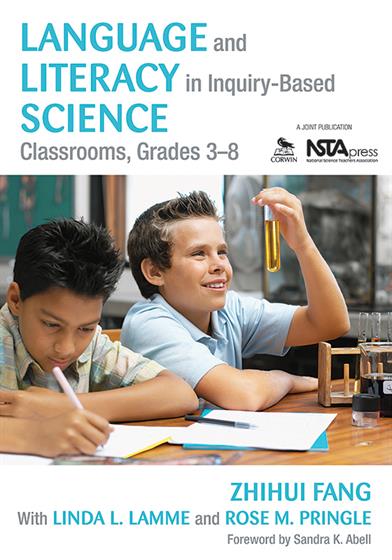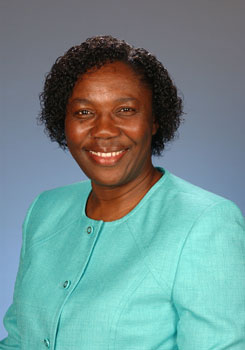Description
"Finally, a book with sound research and ready-to-use strategies to connect reading and science!"
—Jenny Sue Flannagan, Director, Martinson Center for Mathematics and Science, School of Education, Regent University
"This work shows how reading scientific texts differs from reading literary texts and describes the tools teachers need to teach reading in science."
—Stephen P. Norris, Canada Research Chair in Scientific Literacy, University of Alberta
"The authors address what few recognize—that reading is an issue in science, but ultimately no one is teaching students to read science."
—Sally Koczan, Science Teacher, Wydown Middle School, Clayton, MO
Boost students' understanding of science with literacy strategies!
Research has long supported the positive effects of integrating literacy practices into the science curriculum; now this helpful and timely resource offers science educators effective strategies that they can implement immediately. Teachers of students in Grades 3–8 will find innovative ideas—aligned with national science education standards—for incorporating language analysis and science literature into inquiry-based science classrooms. Included are activities as well as sample lessons to help students:
- Read and comprehend science texts
- Find related resources to explore particular interests
- Build their science vocabulary
- Write to learn science concepts
This volume is valuable for teachers, leaders of professional development workshops, institutes, topical seminars in science and literacy, science and reading methods courses, and study groups.
Key features
· Provides chapter objectives, resources, and tools in each chapter such as vocabulary thinkcharts, concept definition wordmaps, sample dialogues, comprehension strategies, suggested literature reading lists, and more.
· Includes sample integrated reading-inquiry science lessons and exemplar lessons on literature infusion, establishes a rationale for integrating reading with science, and suggests ideas for translating the national science education standards into classroom practice
· Discusses the nature of the reading comprehension process and identifies the unique challenges of science reading in early and intermediate grades
· Elucidates the relevance of language to science literacy, describes classroom-based strategies for helping students cope with the specialized language of science, and identifies the discourse features of common genres in school science
· Describes strategies for reading instruction in the science classroom, including guidance on how to activate/develop prior knowledge, monitor text comprehension, describe strategies for organizing information from text, and provide sample reading strategy lesson plans for science
· Includes a chapter on using writing to learn science and on teaching students to write using different genres
· Devotes an entire chapter, currently, to overcoming barriers, with coverage of the challenges associated with reading-science integration and strategies that science teachers can use to engineer school changes in support of their efforts; this will be folded into Ch 1, as a way to defuse questions and concerns
· Includes an appendix with sample inquiry-based science units that integrate reading, writing, and literature; an appendix with science literature resources that spotlights notable authors, illustrators, and publishers of award-winning books; and an annotated list of helpful professional books, journals, and organizations





